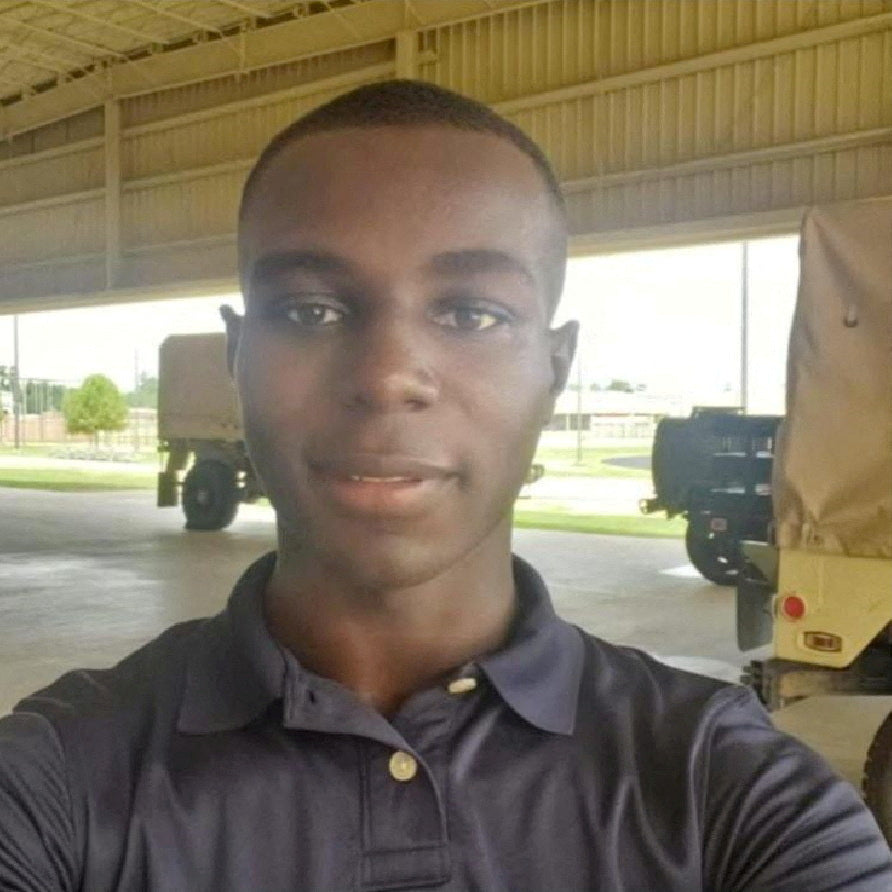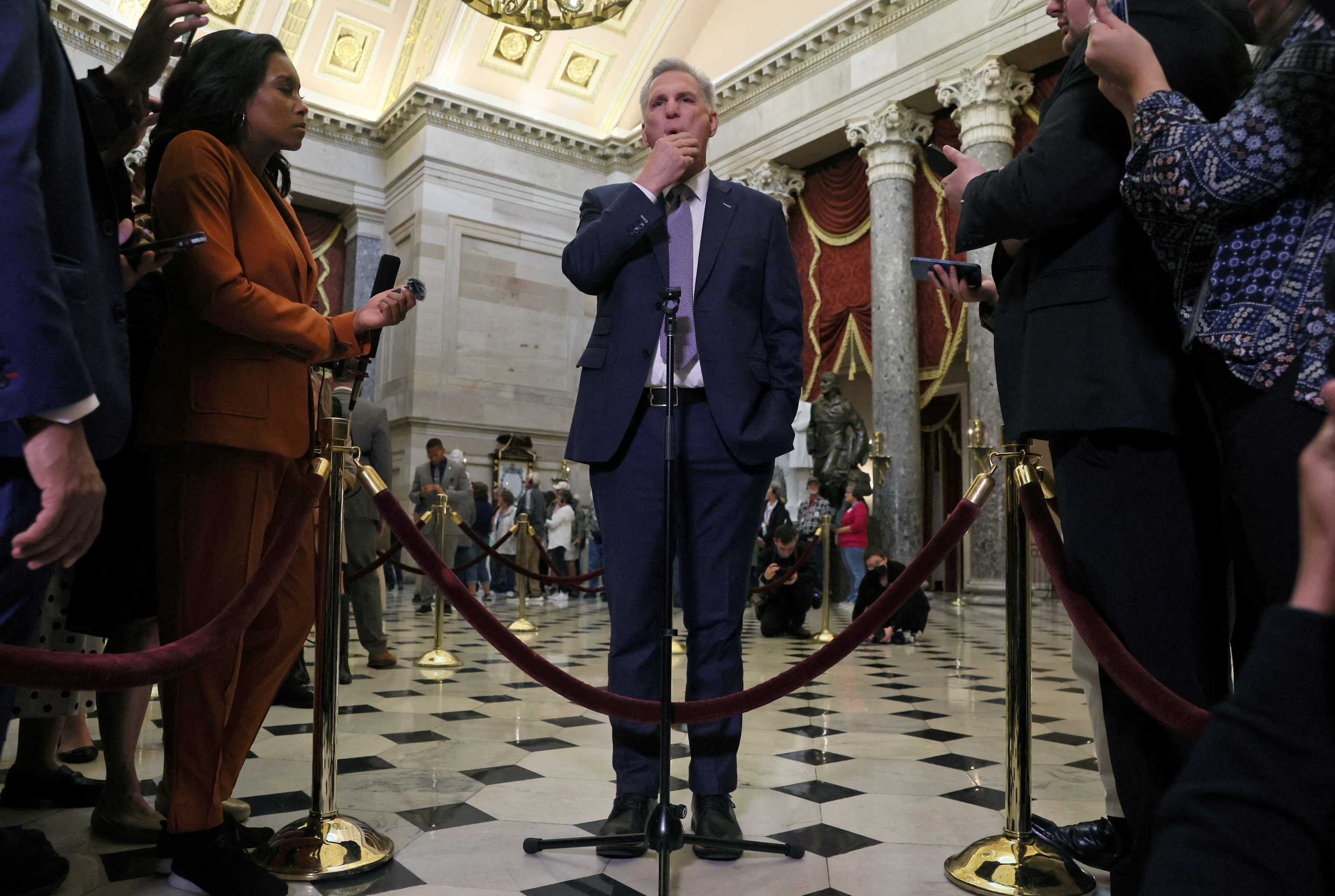
US soldier Travis King in US custody after expulsion from North Korea to China
PHOTO CAPTION: U.S. Army soldier Travis King appears is seen in an undated photo obtained by REUTERS
By Phil Stewart and Hyonhee Shin
WASHINGTON/SEOUL (Reuters) -Private Travis King, the U.S. soldier who ran into North Korea in July, is in U.S. custody after being expelled by North Korea into China, U.S. officials said on Wednesday.
North Korea's KCNA state news agency said King had been expelled after admitting to entering North Korea illegally as he was "disillusioned about unequal U.S. society."
A U.S. official told Reuters King was in U.S. custody after being expelled by North Korea into China, but did not offer further details.
The expulsion decision was contained in the final results of an investigation into King's July border crossing published by KCNA. Last month it reported interim findings that he wanted refuge in North Korea or elsewhere because of maltreatment and racial discrimination within the army.
"King confessed that he illegally intruded into the territory of the DPRK as he harbored ill feeling against inhuman maltreatment and racial discrimination within the U.S. army and was disillusioned about the unequal U.S. society," KCNA said.
DPRK are the initials of the North's official name, the Democratic People's Republic of Korea.
Authorities have decided to expel King under the country's law, KCNA said, but did not specify how, when or to where he would be expelled.
The U.S. State Department and the White House could not be immediately reached for comment. U.S. Forces Korea and the United Nations Command did not immediately respond to requests for comment.
King, an army private, made a sudden dash into North Korea from the South on July 18 while on a civilian tour of the Joint Security Area on the heavily fortified border between the neighbours.
There have been several attempts by U.S. soldiers stationed in South Korea to desert or defect to North Korea, but King's expulsion decision came relatively quickly: others have spent years before being released from the reclusive country.
Jonathan Franks, spokesperson for King's family, said: "No substantive comment expected. We need time."
King's uncle, Myron Gates, told ABC News in August that his nephew, who is Black, was experiencing racism during his military deployment, and that after he spent time in a South Korean jail, he did not sound like himself.
King, who joined the U.S. army in January 2021, faced two allegations of assault in South Korea. He pleaded guilty to one instance of assault and destroying public property for damaging a police car during a profanity-laced tirade against Koreans, according to court documents. He was due to face more disciplinary measures when he arrived back in the United States.
King had finished serving military detention and had been transported by the U.S. military to the airport to return to his home unit in the United States. Instead, he left the airport and joined a tour of the border area, where he ran across despite attempts by South Korean and U.S. guards to stop him.
Lim Eul-chul, a professor of North Korean studies at South Korea's Kyungnam University, said Pyongyang could have felt that any diplomatic and propaganda value in keeping King was outweighed by the likely U.S. pressure it would face.
"It seems likely that North Korea saw little value in him as a countermeasure to a U.S. human rights campaign against themselves by highlighting racial issues in America," he said.
"The decision could also mean that the political burden from detaining him for a long term would be greater than any political benefits it might bring."
(Reporting by Hyonhee Shin in Seoul and Susan Heavey, Trevor Hunnicutt, Doina Chiacu and David Brunnstrom in Washington and Brendan O'Brien in Chicago; Editing by Toby Chopra, Philippa Fletcher and Sharon Singleton)











